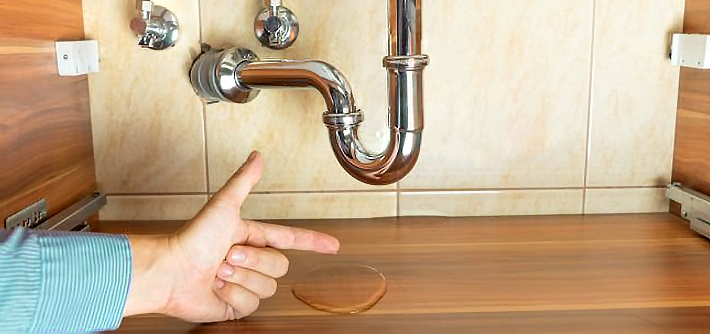In recent years, the world has witnessed a growing demand for sustainable and energy-efficient technologies, and the field of water management is no exception. An eco-friendly water sensor is a vital component in the pursuit of efficient water usage and conservation. Addressing the needs of industrial quality assurance (QA), these sensors offer benefits that extend beyond mere efficiency.
From the very start of this discourse, the concept of the eco-friendly water sensor has intrigued many in the industrial sector due to its substantial potential to change the landscape of water management. Driven by the goal of smart pipe leak detection and sustainability, these sensors are not just technological advancements but are steps toward ensuring a viable future for our planet.

Why Choose an Eco-Friendly Water Sensor?
There are numerous reasons why businesses and industries should consider employing an eco-friendly water sensor. These devices offer a sustainable and reliable means of monitoring water usage, detecting leaks, and preventing water wastage. They are equipped with advanced technology that enables them to be highly sensitive and accurate.
This accuracy helps businesses comply with environmental regulations while also reducing costs associated with water wastage. With water becoming an increasingly valuable resource, investing in such technology is not just about compliance; it's about stewardship and responsibility.
Sustainable Technology for the Modern Age
For businesses aiming to stay ahead of the curve, integrating eco-friendly technology is a must. Using an eco-friendly water sensor, companies can significantly lower their water consumption, contributing to both environmental preservation and cost savings.
These sensors are often used in conjunction with other smart technologies, creating a cohesive network that automatically reports and corrects irregular water usage patterns. For a detailed insight into energy-efficient solutions, you might find the discussion on smart water leak detectors quite enlightening.
The Role in Industry QA
One of the critical applications of these sensors is in Industry QA. Quality assurance processes depend heavily on consistent and precise water quality and usage data. With an eco-friendly sensor measuring and reporting data continuously, industries can maintain a high standard of quality assurance, identifying any fluctuations in water quality or usage immediately.
Moreover, these sensors are not only about detection but also play a role in prevention. For instance, should a deviation in the water quality be detected, the system automatically triggers alerts, ensuring that immediate action can be taken. Check out how USB-powered leak sensors integrate in similar setups.
Future Prospects
The future of water management technology lies in further developing and refining eco-friendly water sensors. The integration of AI and machine learning will permit predictive analytics, offering even more sophisticated monitoring and management solutions.
Such advancements will not only enhance the efficiency of industry QA procedures but also solidify our commitment to environmental responsibility. With the escalating climate changes and water scarcity issues, such technology isn't just an advantage; it is a necessity.
The harmonization of these breakthrough technologies holds significant promise for a myriad of industries, promising a future where water resources are managed with the highest level of respect and care.

FAQs
How does an eco-friendly water sensor work?
Eco-friendly water sensors function by using advanced technology to monitor and report data on water usage and quality continuously. These sensors detect leaks or irregularities, allowing for prompt action. They often integrate with other smart home or industrial technologies to optimize water management.
Why are eco-friendly water sensors important for quality assurance?
These sensors provide precise and consistent data crucial for maintaining the quality assurance processes of various industries. They help in flagging deviations early on, allowing for swift intervention and maintaining the integrity of the quality assurance process.
What advancements can we expect in eco-friendly water sensors?
Future advancements in eco-friendly water sensors include the incorporation of artificial intelligence and machine learning, leading to predictive maintenance and real-time analytics. This will enhance decision-making processes and increase operational efficiency.
To delve deeper into this topic, consider exploring the low energy water leak detector options available on the market today, as these provide exciting possibilities for sustainable water management.






